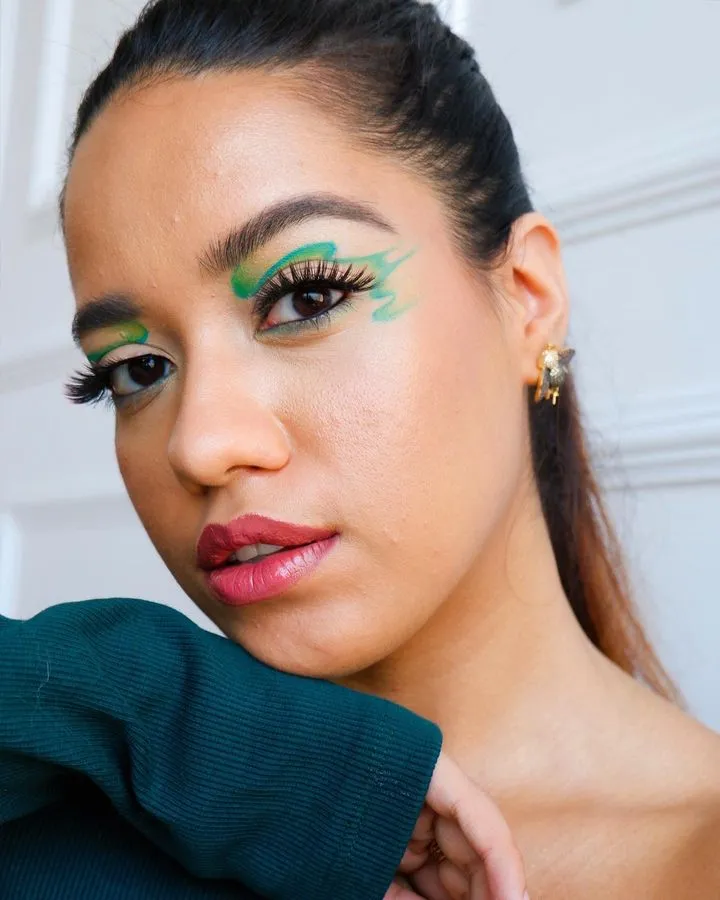In India, a group of beauty influencers is making waves in the cosmetics industry by promoting inclusivity and offering affordable solutions to consumers. From Mumbai-based Debasree Banerjee, who champions the idea that “brown is beautiful,” to Kavita Jadon, who creates homemade beauty products with common household items, these women are changing the way Indian women think about beauty.
Championing Inclusivity
Banerjee has gained a massive following by providing a platform for women with deeper complexions, who have historically been ignored by the cosmetics industry. Her half-a-million followers on Instagram and YouTube hail from across the world, drawn to her relatable and empowering content. Banerjee credits Rihanna’s Fenty Beauty line for sparking the movement towards greater inclusivity in cosmetics, but she adds that there’s still much work to be done.
E-Commerce and Influencers
India’s booming beauty industry is worth $15 billion annually and is projected to double by 2030. Much of this growth can be attributed to influencers like Banerjee and Faby, who promote cosmetics to a young and tech-savvy audience. E-commerce platform Nykaa has made it easier for Indian consumers to purchase global brands, and the company’s highly anticipated IPO in 2021 is a testament to the beauty industry’s growing influence in the country.
Affordable Beauty Solutions
Despite the growth in the industry, there’s still a significant gap between what consumers want and what they can afford. International brands can be expensive in India, with a single lipstick costing as much as half of a household’s weekly groceries. Influencer Kavita Jadon has found success by providing affordable DIY beauty solutions to her more than 169,000 Facebook followers. Her homemade products, created from items like coffee grinds and moisturizers, offer an accessible alternative to high-end cosmetics.
The Future of Indian Beauty
As India’s young population continues to drive the growth of the beauty industry, influencers are poised to play an even more significant role in shaping consumer trends. Whether promoting inclusivity, affordability, or DIY solutions, these women are challenging the status quo and empowering women across the country.

